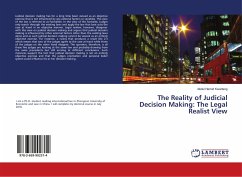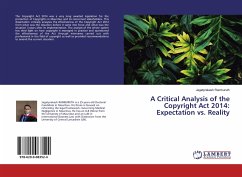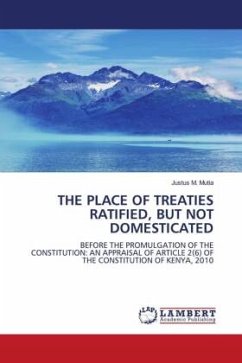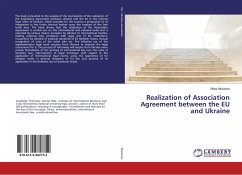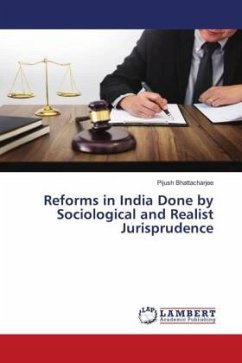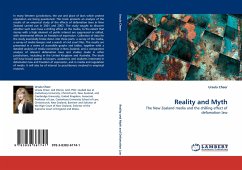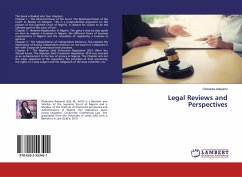Judicial decision making has for a long time been viewed as an objective exercise that is not influenced by any external factors or variables. This view of the law is referred to as Formalism. In the view of the formalist, Judges only search through the existing laws and apply the law that best suits the case at hand in an objective manner. Legal realism, however, disagrees with this view on judicial decision making and argues that judicial decision making is influenced by other external factors other than the existing laws alone and as such judicial decision making cannot be viewed as an entirely objective exercise. For instance, a ruling that produces a result like 2:3 which means that two of the judges agree to the case at hand while three of the judges on the other hand disagree. The question, therefore, is all these five judges are looking at the same law and probably drawing from the same precedents but still arriving at different conclusions. Such instances support the fact that judicial decision making is not an entirely objective exercise and that the judges orientation and personal belief system could influence his or her decision-making.
Bitte wählen Sie Ihr Anliegen aus.
Rechnungen
Retourenschein anfordern
Bestellstatus
Storno

